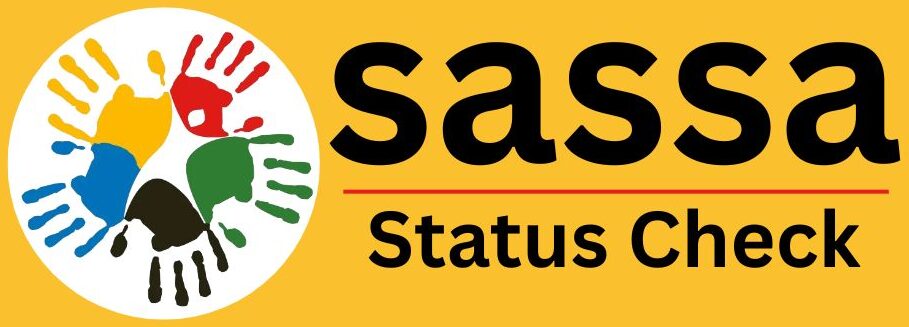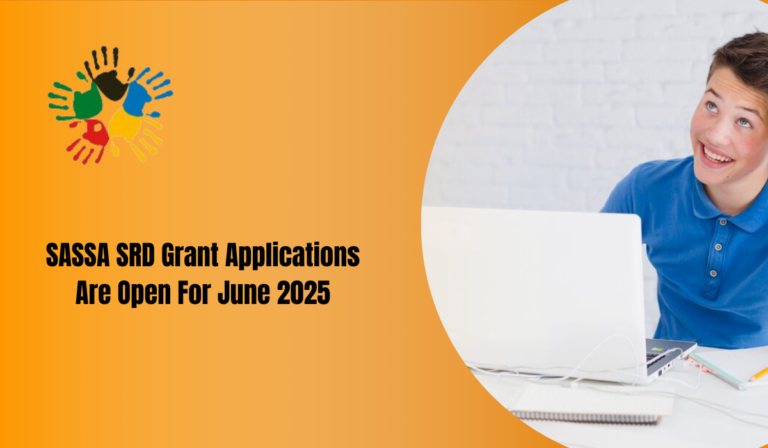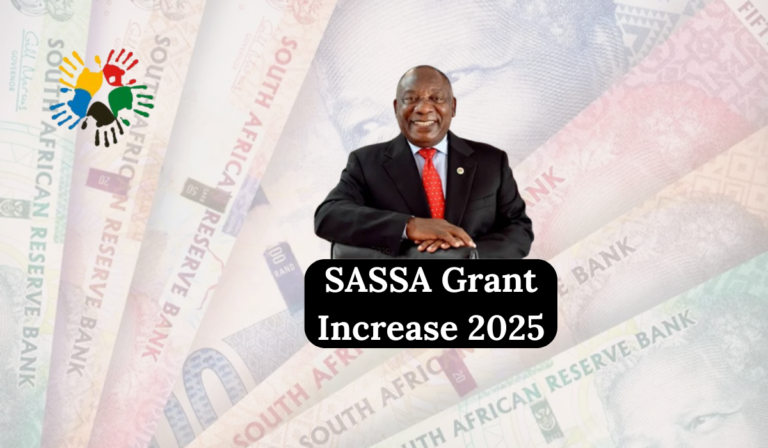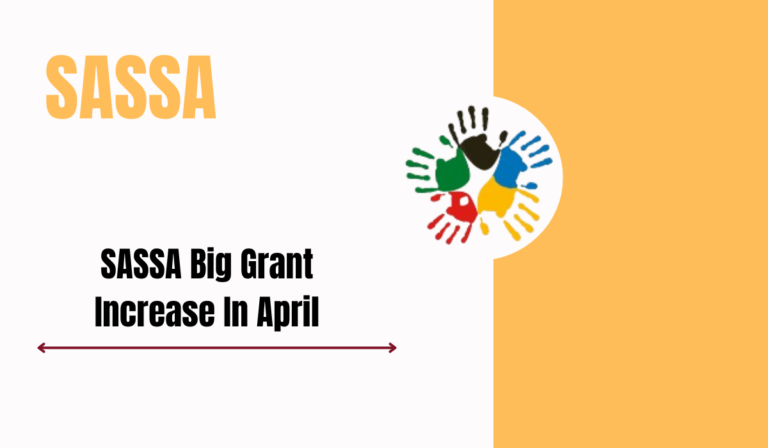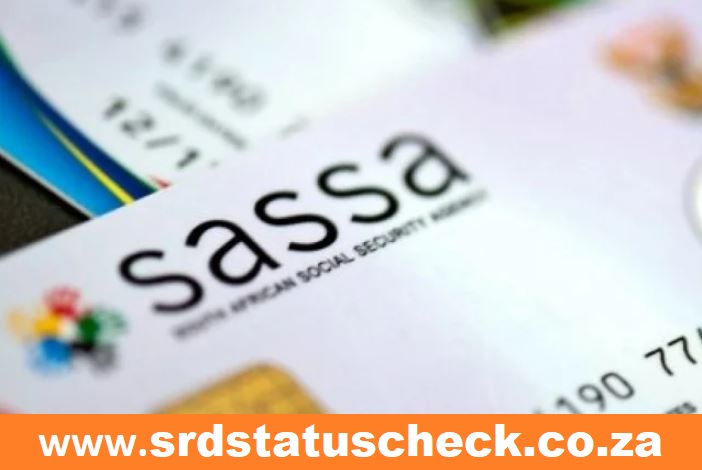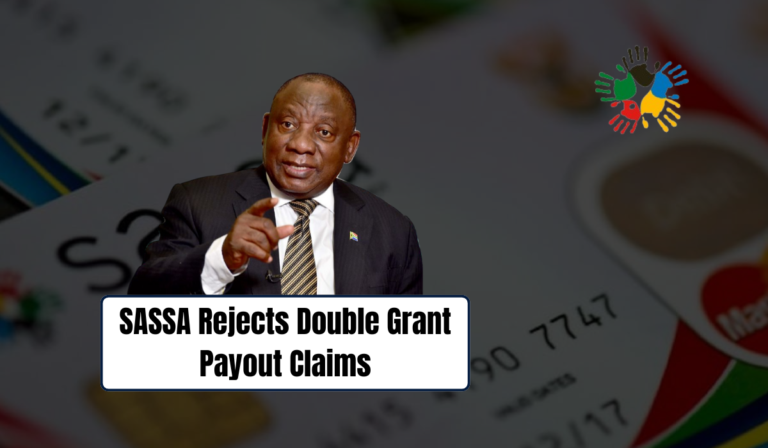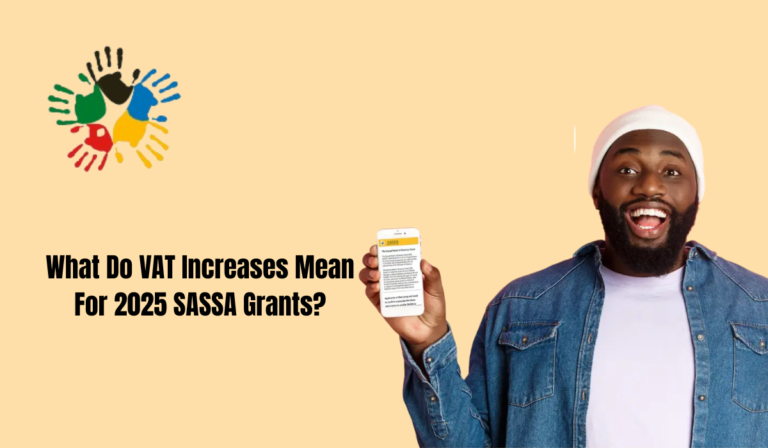R370 Grant Vs Rising Costs – A lifeline In Times Of Need
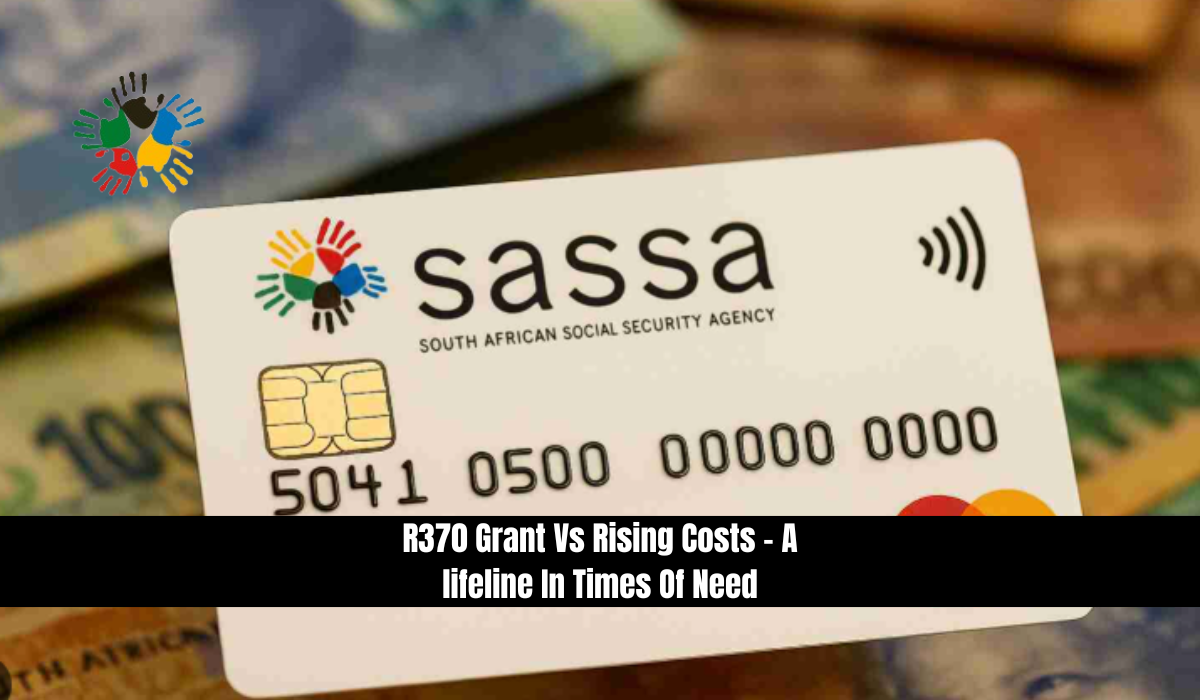
R370 Grant Vs Rising Costs – A lifeline In Times Of Need. In South Africa, the R370 Grant, officially known as the Social Relief of Distress (SRD) Grant, serves as a temporary support mechanism for millions of unemployed citizens. However, with persistent inflation and increasing prices of basic goods, the actual value of this grant has come under serious scrutiny. While the R370 Grant provides short-term relief, its ability to meet even the most essential needs has significantly diminished.
In this comprehensive article, we’ll explore the real world purchasing power of the R370 Grant, compare it against poverty thresholds like the Food Poverty Line, and discuss the growing push for a Basic Income Grant that meets the true cost of living in South Africa.
The Declining Value of the R370 Grant
When introduced as part of COVID-19 emergency measures, the R370 Grant was considered a much needed intervention to protect the most vulnerable. Originally set at R350 and later adjusted to R370 in 2024, it was never intended to be a long term solution.
However, in a country where youth unemployment exceeds 40% and formal job opportunities remain scarce, the SRD grant has become a lifeline. But is it enough in 2025?
The answer, increasingly, is no.
The Cost of Living vs. R370: A Harsh Reality
The Pietermaritzburg Economic Justice and Dignity Group (PMBEJD) publishes a monthly Household Affordability Index, which reveals a sobering truth: the cost of even the most basic nutritional food basket exceeds the amount provided by the SRD grant. The prices of essential goods continue to rise, but the grant amount remains static.
| Item | Quantity | Average Price (ZAR) |
|---|---|---|
| Maize Meal | 5 kg | R90 |
| Brown Bread | 4 loaves | R60 |
| Sugar | 1 kg | R25 |
| Cooking Oil | 750 ml | R55 |
| Potatoes | Small bag | R45 |
| Onions | Small bag | R35 |
| Canned Fish or Chicken Portions | 2 tins/small tray | R60 |
| Total Estimated Cost | — | R370 |
As shown above, just these basic grocery items consume the entire grant. There’s nothing left for electricity, transport, toiletries, or medical needs forcing recipients to make agonizing choices daily.
The Poverty Line: A Benchmark the R370 Cannot Meet
One way to assess the grant’s adequacy is by comparing it to South Africa’s official poverty lines, as determined by Statistics South Africa (Stats SA).
1. Food Poverty Line (FPL)
The Food Poverty Line is the amount of money needed to meet the minimum daily calorie intake. As of the latest update, this figure is around R760 per month. The R370 Grant falls significantly short covering less than 50% of the basic food requirement.
2. Lower Bound Poverty Line (LBPL)
This includes essential non food items such as clothing, electricity, and transport, and is set at over R1,000 per month. Once again, the R370 Grant does not even come close.
Expert Insight
From a policy and economic perspective, this means the R370 Grant is not enough to lift recipients out of poverty, nor does it provide a dignified standard of living. It is merely a symbolic gesture, not a sustainable solution.
The Push for a Basic Income Grant (BIG)
Due to the clear inadequacies of the R370 Grant, there is increasing pressure on the South African government to implement a Basic Income Grant (BIG). This proposed grant would provide universal income support for unemployed and low income individuals.
Why Peg the BIG to the Food Poverty Line?
Experts argue that any new Basic Income Grant should be at least aligned with the Food Poverty Line (R760). This would ensure that recipients are not forced into starvation and can maintain basic nutrition and dignity.
Potential Benefits of a Basic Income Grant:
- Improved health and nutrition outcomes
- Reduced crime and social unrest
- Boost to the local economy through increased consumer spending
- Support for women and caregivers, who are disproportionately affected by poverty
Despite concerns about fiscal sustainability, numerous economic analysts suggest that funding a Basic Income Grant could be achieved through progressive tax reform, cutting wasteful expenditure, and increased public-private partnerships.
Is R370 a Signal or a Solution?
The R370 Grant, while critical in emergencies, is no longer seen as a viable long-term safety net. Instead, it has become a symbol of the systemic failures in South Africa’s social welfare infrastructure. With more than 8 million monthly beneficiaries, the stakes are too high to ignore.
The reality is stark: the cost of survival in South Africa in 2025 has outpaced government intervention. Without immediate action to adjust the grant value—or implement a Basic Income Grant millions will remain trapped in cycles of poverty and hunger.
FAQs About R370 Grant Vs Rising Costs
Why is the R370 Grant not enough to cover basic needs in South Africa?
Ans: The R370 Grant fails to keep up with the rising cost of food, transport, and living essentials. It doesn’t even meet the Food Poverty Line of R760, meaning recipients can’t afford a nutritious diet let alone non food essentials like transport, hygiene, or electricity.
What is the difference between the R370 Grant and a Basic Income Grant (BIG)?
Ans: The R370 Grant is a temporary emergency measure targeting unemployed individuals, while a Basic Income Grant would be a permanent, universal system designed to support all citizens in need. The BIG would likely be set at or above the Food Poverty Line to ensure sustainability and human dignity.
Can South Africa afford to implement a Basic Income Grant?
Ans: While funding is a challenge, experts believe it’s feasible through progressive taxation, redistribution of budgetary resources, and eliminating inefficiencies in public spending. The long-term socio-economic benefits of a Basic Income Grant may outweigh the initial costs.
Conclusion
The R370 Grant has helped many South Africans survive but survival is not enough. As the cost of living soars, the conversation must shift from temporary relief to long-term support mechanisms like a Basic Income Grant. It’s time for policymakers to align social assistance with economic realities and human dignity.
